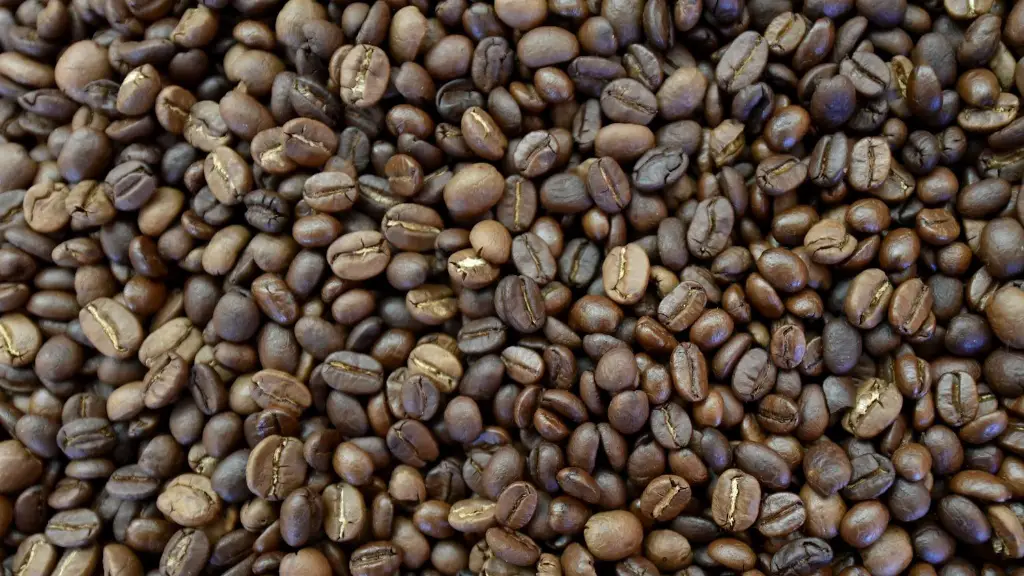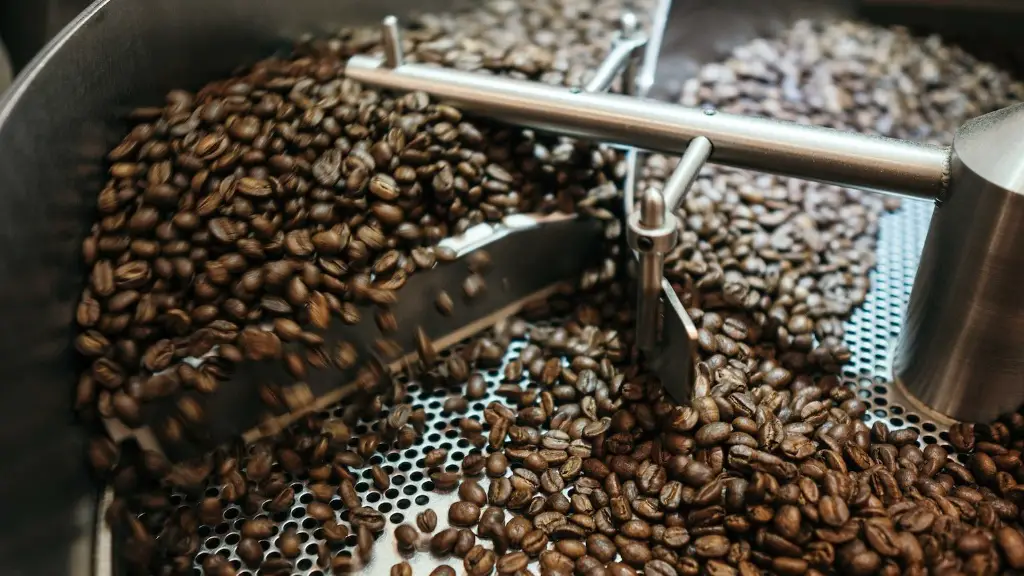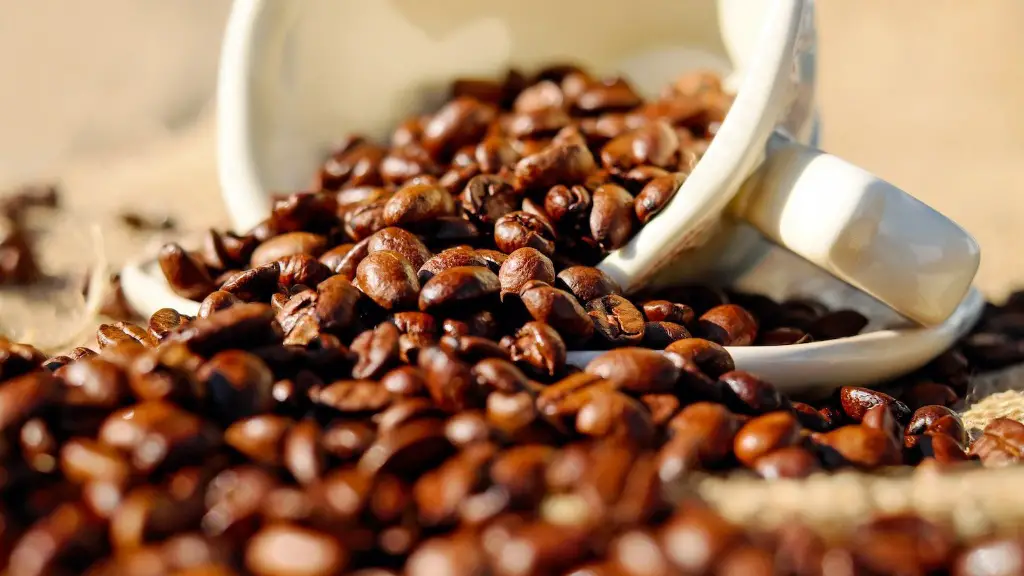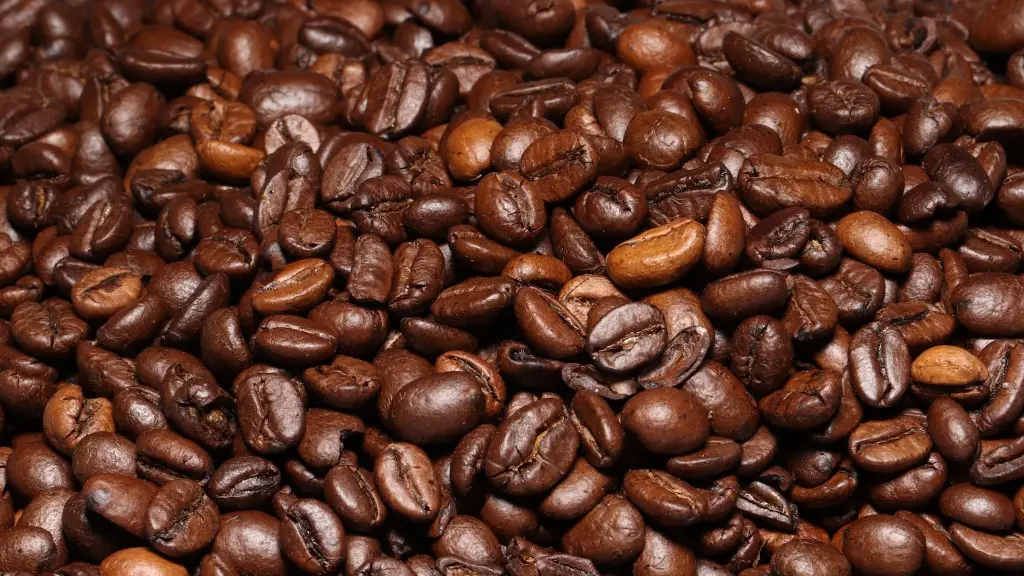Coffee is the second most popular drink in the world, only behind tea. Decaf coffee is often chosen by those looking to enjoy coffee’s taste and aroma, without suffering from the caffeine’s side effects. So, how much decaf coffee can you safely drink every day?
Most sources recommend that adults can safely consume up to 400 milligrams of caffeine per day. With decaf coffee, it’s easy to consume some caffeine without thinking about it. A standard cup of drip-brewed decaf contains around 2 to 12 milligrams of caffeine, far lower than a standard cup of regular coffee which contains 95 to 200 milligrams.
Therefore, if you’re drinking decaf coffee, you should still be mindful of the amount of caffeine you’re consuming. Drinking decaf coffee won’t have the same effects as drinking regular coffee, so try to limit the number of cups you have each day to two or fewer.
While it’s true that decaf contains far fewer milligrams of caffeine than regular, that doesn’t mean that decaf can be consumed without worry. Drinking too much of any type of coffee or tea can still cause feelings of restlessness and jitteriness, and can also lead to an increased heart rate.
According to Mayo Clinic, decaf coffee can also be a source of some vitamins and minerals such as riboflavin, niacin and potassium, on top of being an excellent source of antioxidants. Antioxidants are essential for protecting cells from free radicals and can help reduce inflammation. Decaf coffee can also provide similar health benefits to regular coffee, such as improved focus and concentration and it can also boost your mood.
Drinking decaf coffee can be a great way to enjoy some of the benefits of coffee without the added caffeine. However, like any other drink, it’s important to be mindful of your consumption. Try to stick to no more than two cups of decaf a day to reduce your risk of developing restlessness and jitteriness.
Coffee Substitute Alternatives
If you’re trying to reduce or avoid caffeine in your diet, then there are various coffee substitute alternatives that can provide the same delicious taste and aroma of coffee, without being a source of caffeine.
No-Caf Coffee is one of the most popular coffee substitute alternatives, which uses a blend of herbs, grains and seeds to give it that coffee-like taste and aroma. Unlike other coffee substitutes, No-Caf contains naturally occurring antioxidants, vitamins and minerals.
Essential Roast Coffee is another popular coffee substitute. It’s made with chicory, barley and rye and contains zero caffeine. It’s also rich in dietary fibre and has a naturally sweet taste.
If you’re looking for a caffeine-free option, herbal tea can be a great substitute. There are many kinds of herbal teas that you can choose from, such as chamomile, peppermint and ginger tea, which can all provide a comforting and relaxing experience.
Coffee substitutes offer many of the same benefits as coffee, such as improved focus and concentration, and also provide added health benefits such as antioxidants and vitamins. So, if you’re trying to reduce your caffeine intake, then coffee substitutes might be the ideal alternative.
Benefits of Decaf Coffee
Decaf coffee provides many of the same health benefits as regular coffee, while also having fewer side effects. The pros of drinking decaf coffee include:
- Reduced risk of developing insomnia
- Reduced acidity and a milder flavor
- Lower levels of caffeine, meaning fewer side effects
- Increased focus and concentration, due to the antioxidants in the coffee
Whether you choose to drink regular or decaf coffee, both offer the same essential health benefits such as improved focus and concentration. Decaf might not be as stimulating as regular coffee, but it still contains many beneficial vitamins and minerals.
Drawbacks to Decaf Coffee
Decaffeinated coffee does carry some potential cons, such as:
- Potential trace amounts of caffeine
- Processing the coffee can lead to some of the health benefits being removed
- Decaf might not have the same strong flavor or aroma as regular coffee
Despite these potential drawbacks, decaf coffee is a great option for those looking to avoid the potential side effects of caffeine. And because it contains fewer milligrams of caffeine, it still offers the same essential health benefits.
Risks Involved with Drinking Too Much Decaf Coffee
Drinking too much decaf coffee can still lead to restlessness, jitteriness and an increased heart rate. It’s also important to remember that decaf coffee still contains some trace amounts of caffeine, so it’s important to limit how much you consume on a daily basis.
The most common risk associated with drinking too much decaf coffee is developing an addiction, which can lead to withdrawal symptoms such as headaches and irritability. Therefore, it’s important to consume decaf in moderation and pay close attention to how your body feels after drinking it.
Drinking decaf coffee can also lead to sleep disruption, as the natural sleep-promoting chemical adenosine, which is predominantly found in coffee, can still be present in decaf. Therefore, it’s important to avoid drinking decaf too close to bedtime, as it can affect your ability to get a good night’s sleep.
Decaf Coffee Summary
Decaf coffee is a great option for those looking to reduce their caffeine intake while still enjoying the taste and aroma of coffee. While decaf does carry some potential risks, it’s still a much safer choice than regular coffee. Decaf coffee can also provide similar health benefits, such as improved focus and concentration, and can also provide various vitamins and minerals.
The most important thing to keep in mind when drinking decaf is to stay mindful of your consumption. Try to limit the number of cups you have per day to two or fewer and avoid drinking it close to bedtime. Decaf coffee can be a great way to enjoy some of the benefits of coffee without the added caffeine, so make sure to enjoy it in moderation.





